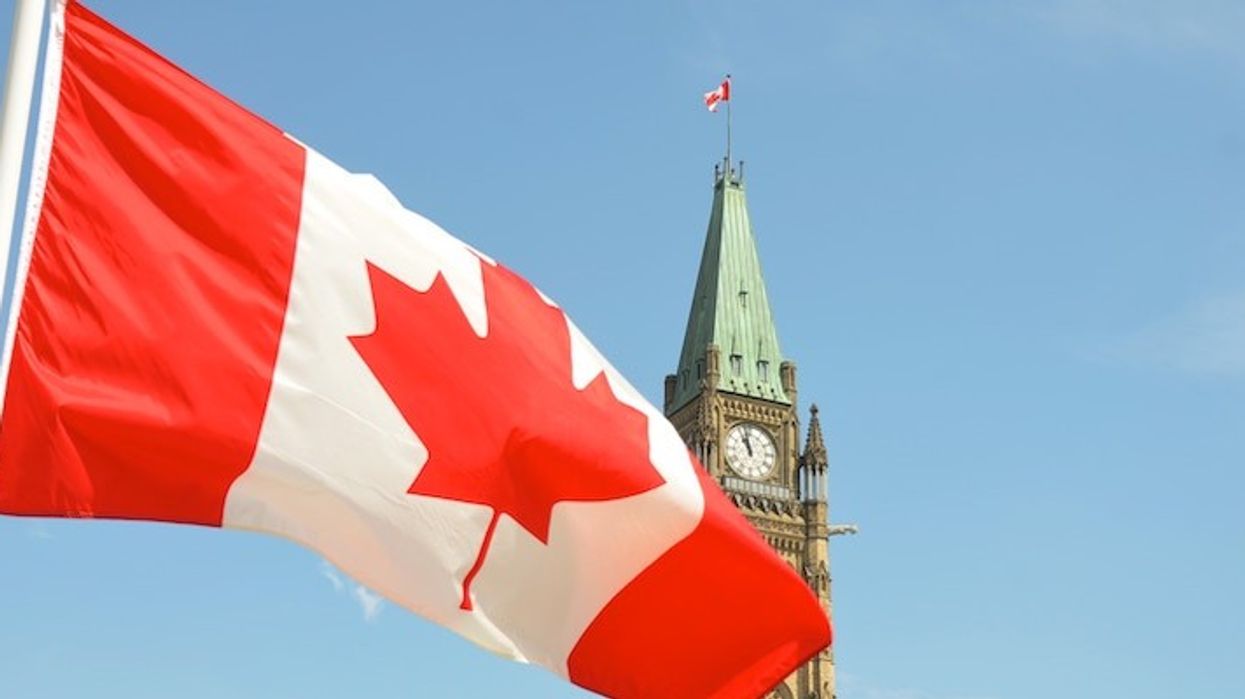As the Canadian economy begins to pick up again, new filing data from the Office of the Superintendent of Bankruptcy (OSB) reveals a record decline in Canadian consumer and business insolvencies in the second quarter of 2020. Nationwide, consumer insolvencies were down 42.3% compared to the first quarter of this year and 45.4% year-over-year.
Mark Rosen, Chair of the Canadian Association of Insolvency and Restructuring Professionals (CAIRP), which is the national voice on insolvency matters in the country, pointed out that the bankruptcy statistics have yet to reflect the pandemic-related financial distress of many Canadian households and businesses.
“Government stimulus has put cash into unemployed people’s hands every month allowing them to cover basic living expenses, pay rent and make their minimum payments,” added Rosen.
READ: Fewer Canadians Seeking Debt Relief During COVID Crisis
Prior to the pandemic, Canadians already had record household debt, with many already living paycheque to paycheque. Then, once the reality of COVID-19 settled in, many more experienced a sudden income shock, which is often the most common cause of insolvency – as job and wage losses occurred without warning.
But instead of a deluge of personal insolvency filings, from April through June there was a sharp drop even as unemployment reached its highest level in forty years.
“Although COVID-19 is likely to create more financial distress for households, there is often a long delay between when people start to recognize the severity of their debt problems and when they take action. Many debtors struggle needlessly for years to pay their debt and, only after prolonged financial hardship, do they seek relief,” says Rosen.
André Bolduc, executive board member of CAIRP and Licensed Insolvency Trustee, says that Canadians who are struggling in a cycle of debt are generally better off seeking guidance right away. That’s because the insolvency process automatically protects debtors from creditors’ collection efforts and provides them with a systematic way of working out their repayment plans with expert guidance.
“If you are receiving phone calls from creditors or are worried about a garnishment, it is a sign you need expert advice right away,” says Bolduc.
“Those in severe financial distress fear they will lose everything by filing an insolvency. In reality, by seeking professional advice, they may be able to save important assets like their house or car,” he added.
But in addition to consumer insolvencies declining, Canadian business insolvencies were also down 31.3% in the second quarter compared to the first quarter and by 37.7 % compared to the same quarter last year.
“Many businesses have benefitted from government aid programs which have allowed them to avoid insolvency. But many others will choose to close their doors without filing simply because they may not understand their options," says Rosen.
"For others, lending institutions may determine that formal proceedings are not to their advantage. By reviewing the business’ financial situation, we help determine the best course of action,” added Rosen.





















